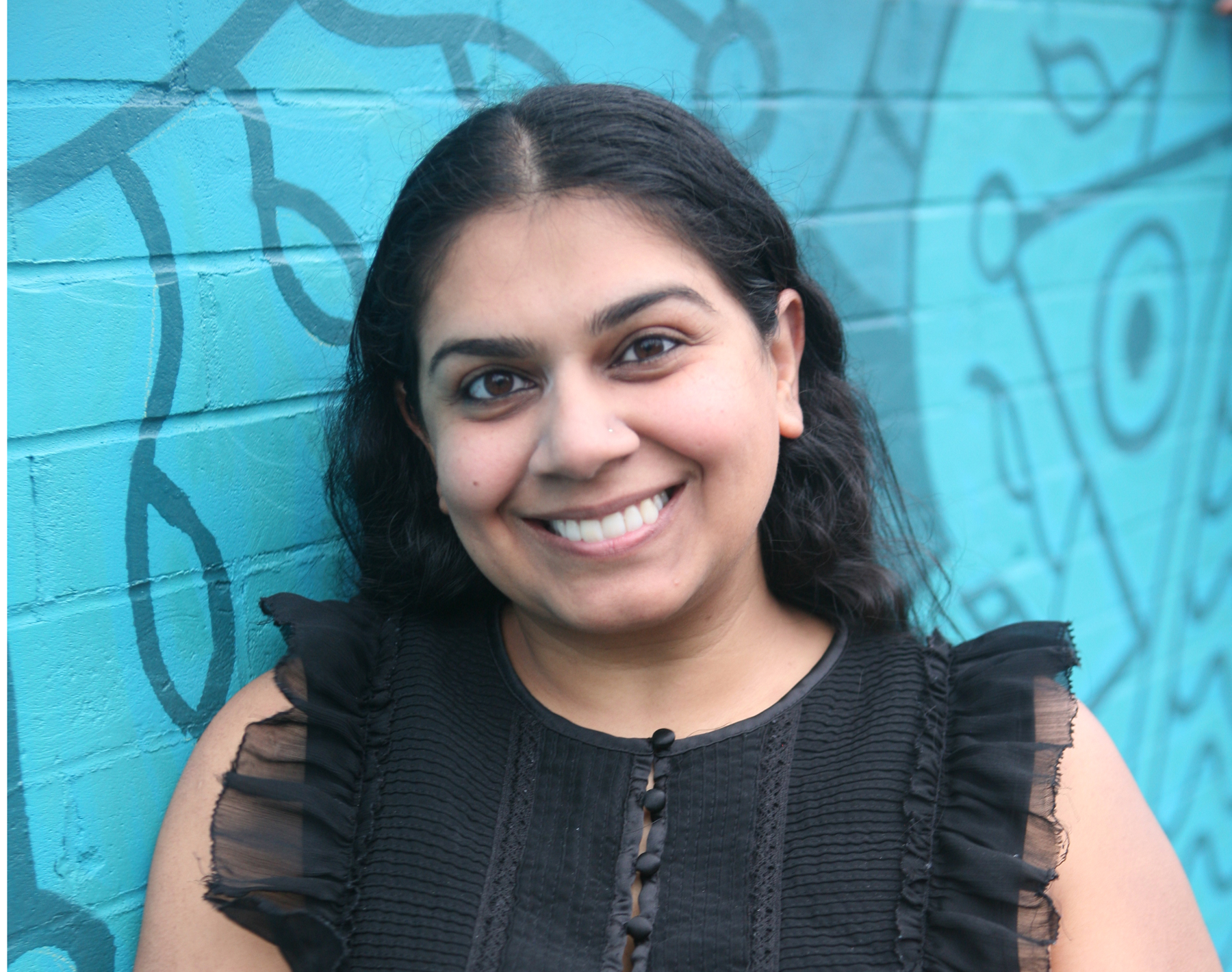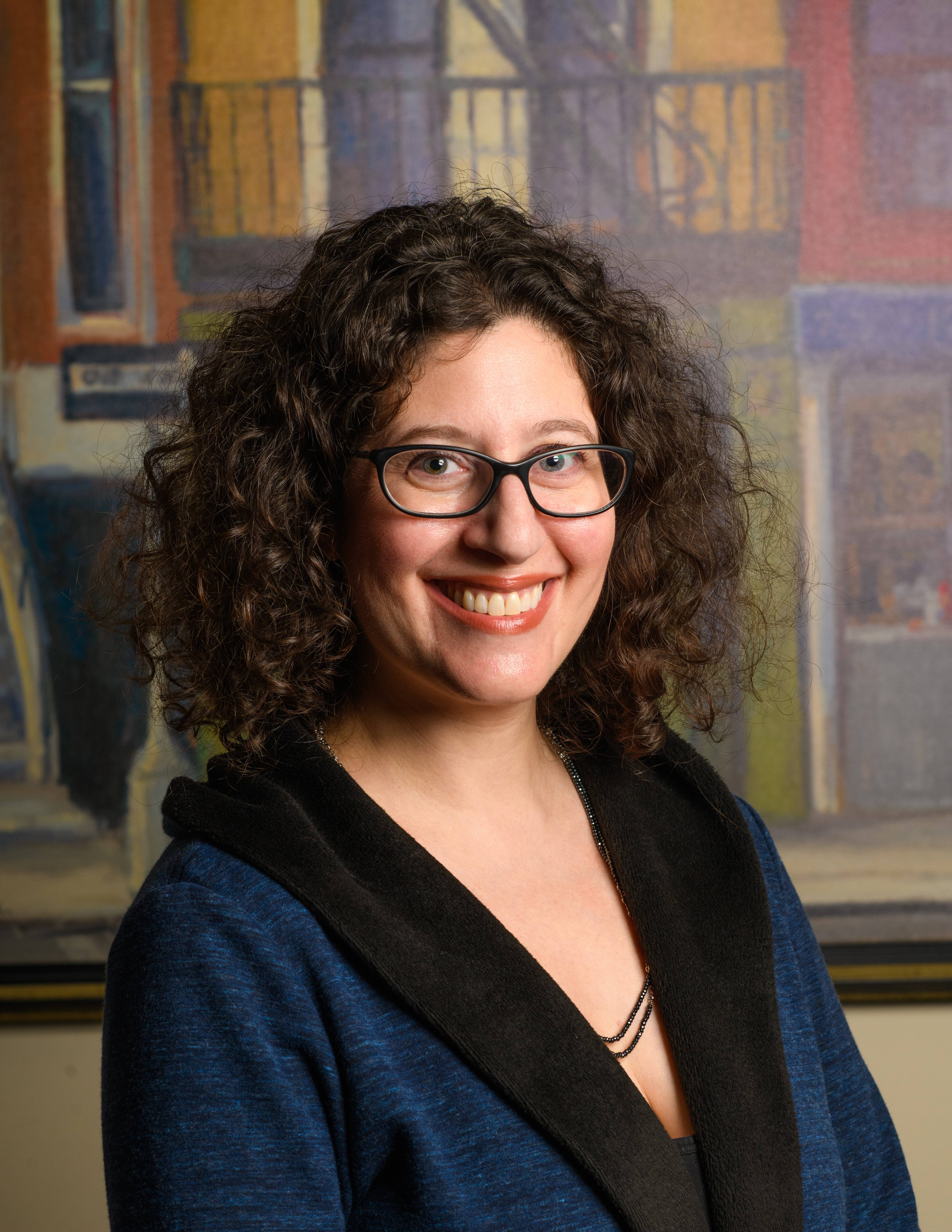About
Rae is an autistic self-advocate leading peer support groups for adults to process and discuss what it’s like to be autistic in the world. He loves animals, the outdoors, and all forms of creative expression. Rae is passionate about filling support gaps for autistic adults to live long, happy lives.
Experience
Rae holds graduate degrees in psychology and creative writing and is currently a doctoral scholar in Autism Studies at Towson University. His published works include poetry, lyric essay, personal essay, and academic writing.
Education
PhD Student in Autism Studies, Towson University (Current)
MFA in Creative Writing, University of Wyoming (2023)
MA in Psychology, San Diego State University (2021)
BA in Psychology, University of Montana (2016)
Meet Our Other Writers
Recent Articles by
Rae Waters Hartman Haight

Emotional Resilience in Autism: Strategies for Autistic Adults
It’s safe to say that a lot of autistic adults are tired of talking about coping strategies. Although these strategies can be useful, and sometimes even lifesaving, it often feels like we’re the ones who are expected to adapt and carry the weight of an inaccessible world.
As an autistic person, I know this firsthand. I also know that much of what makes life difficult for us is outside our control: sensory overload, misperceptions, stigma, workplace bullying and systems that weren’t designed with us in mind. So, are coping strategies really going to fix all that? No, not likely. But they might help us navigate those realities on our own terms, and that can make a big difference.
What resilience really means for autistic people
Emotional resilience is the ability to adapt in the face of high stress levels, adversity or trauma while maintaining or regaining a sense of emotional well-being. This is especially critical for autistic people, who disproportionately experience nervous system dysregulation and co-occurring mental health diagnoses like anxiety and depression.
In this context, emotional resilience doesn’t mean bottling things up or appearing fine. It means developing sustainable ways to feel, process and express emotions in ways that actually work for the minds and bodies of those on the autism spectrum. It means allowing ourselves the time we need to make sense of how we feel, seeking out environments that don’t punish us for being different, and resisting internalized ableism that tells us our experiences are wrong.
Autistic strengths in resilience
Autistic people are already incredibly resilient. The very fact that we show up each day in a world that often misunderstands or marginalizes us is a testament to that resilience. We already use countless strategies like stimming, routines and deep dives into special interests that support our well-being.
Autistic individuals often demonstrate emotional resilience in a myriad of ways that challenge conventional definitions. These include:
- Authenticity in the face of social pressure
- Persistence in pursuing deeply meaningful interests or goals
- Creative problem-solving that emerges from divergent thinking
- The ability to find joy and meaning in specific areas of focus
- Direct communication, which can lead to more honest and grounded relationships
Resilience, then, isn’t a measure of how well we conform to neurotypical expectations, but of how we draw on our strengths and resources to move through the world in ways that are true to who we are.

Navigating ARFID and Autism: Understanding the Connection
For most people, eating daily meals comes naturally. But for others, eating can be a daily source of stress, discomfort or even fear. Certain textures might feel unbearable, new foods might trigger anxiety or eating might simply not feel important. These experiences are real and valid, and they’re central to understanding avoidant-restrictive food intake disorder (ARFID).
ARFID is an eating disorder characterized by limited food intake or avoidance of food. It can be due to sensory sensitivities, fear of negative consequences (like choking or vomiting) or lack of interest in eating. ARFID was first classified in 2013 and differs from other eating disorders (like anorexia nervosa) in that it is not driven by body image concerns.
Approximately 1-5% of people have ARFID, but it’s much more common in autistic individuals than in the general population. There’s substantial overlap between ARFID and autism, and both are highly heritable. Many autistic individuals have unique relationships with food sensory sensitivities, strong preferences and a desire for routines, which are also traits commonly associated with ARFID.
About 1 in 5 autistic individuals (and a similar number of their parents) have avoidant-restrictive eating traits, and about 1 in 10 meet the full criteria for ARFID. Among individuals who have an ARFID diagnosis, approximately 8% to 55% are also autistic. More than half of individuals with ARFID have other co-occurring conditions such as anxiety, depression, sleep disorders or learning differences.
ARFID has three main subtypes, which often overlap:
- Sensory-based avoidance: This involves strong aversions to specific sensory characteristics of food such as texture, taste, smell, temperature or appearance. Individuals may eat only foods that feel safe and avoid many others based on sensory discomfort.
- Fear-based avoidance: Eating is restricted due to fear of negative consequences such as choking, vomiting, allergic reactions or pain. These fears may begin after a traumatic food-related event, or they may develop on their own over time.
- Low interest in eating: This is sometimes called “lack of interest” and involves low appetite, feeling full after eating only a small amount of food or a general indifference to food. Eating may feel like a chore, and individuals may forget to eat or feel overwhelmed by the demands of mealtimes.
These subtypes are not mutually exclusive, and many people with ARFID experience a combination of them.

Understanding Autism and Stomach Issues: A Guide for Autistic Adults
Digestive problems are very common in the autistic community, and they’re more than just tummy aches. Autistic adults often report a range of gastrointestinal (GI) symptoms, including constipation, nausea, abdominal pain and bloating. These concerns can seriously impact daily life, yet they’re often overlooked or misunderstood by healthcare providers. This guide is here to validate your experience, provide helpful information and support you in advocating for better care.
.webp)













